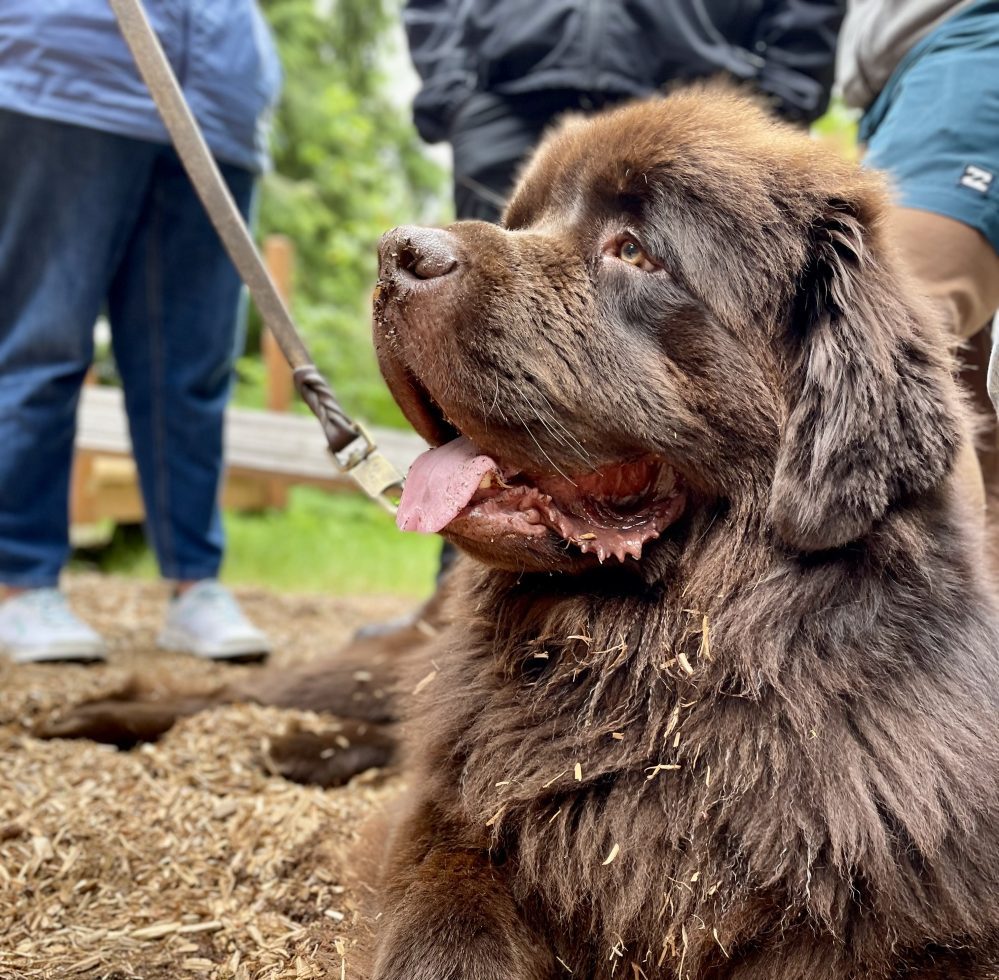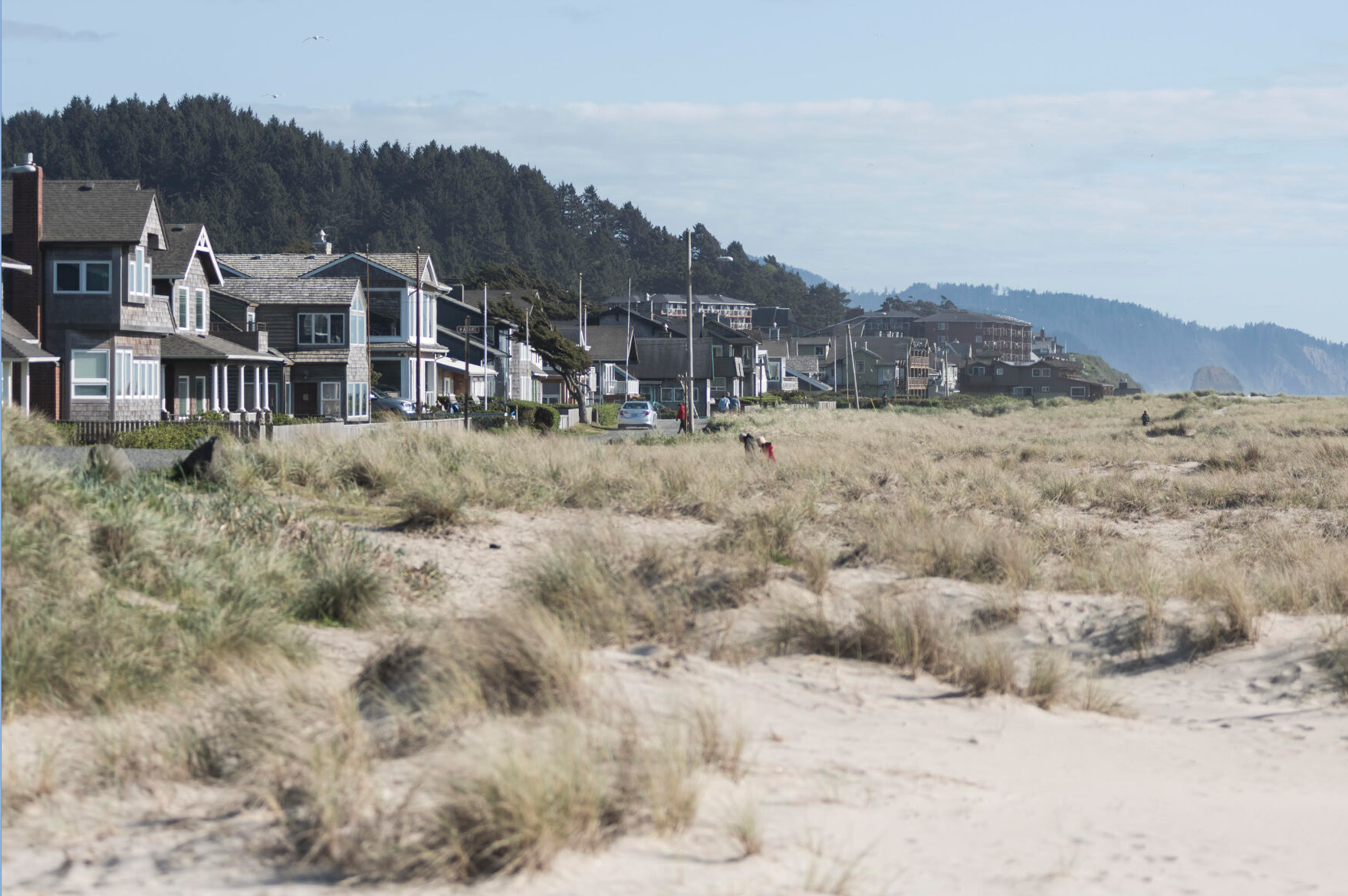Editor’s Notebook: We should talk about the dead
Published 5:00 pm Thursday, June 12, 2014

- <p>Steve Forrester</p>
A former elected official asked his survivors to keep news of his death out of The Daily Astorian. I was surprised recently to learn that the guy had died three years ago. It sounded as though he took his pique with this newspaper to the grave.
Trending
Memorializing the lives of our towns is one of the best things that newspapers do. I am an avid reader of obituaries. Within them there is history, sentiment and sometimes humor.
There was a wonderful line in Valerie Ryans obituary last week. It noted that Val was very fond of her ex-husbands third wife, but Not so much his second wife. That level of candor and humor occasionally emerges in obituaries.
Some 20 years ago one of Astorias prominent lawyers died. His obituary proclaimed his desire that there be no memorial service. It was the first time I was conscious of that request. My father liked this guy immensely and was puzzled at the request that the deceased friends not gather for a round of fond memories.
Trending
We 21st century Americans are squeamish about talking about plans for the end of life. The New Yorker cartoonist Roz Chast has published a funny and touching cartoon book about her late parents resistance to talk about death. Chasts book title is Cant we talk about something more pleasant? She depicts her attempts to have them seek assisted living and, at the end, the challenge of emptying their home.
Both my parents were quite plainspoken about death. My mother especially made choices before they became pressing choices, something for which I am most grateful.
When I was a kid I remember hearing my dad say how much he loved the opening song from the musical Oklahoma, Oh, what a beautiful morning. He said hed like that to be played at his funeral, instead of a slow-paced, mournful hymn. When he died in 2000, Betty Phillips was the organist for the service at Grace Episcopal Church, and she knocked out a great rendition of the Rogers and Hammerstein song.
I dont understand the desire not to be remembered. Without attempting to be theological, it is liberating to take the long view of death, rather than thinking instead in the context of everyday mortal short-term thinking. Memorial services, funerals and celebrations of life are for the benefit of the living. The process of marking a life ended is as old as humankind. Sitting around a fire talking about the deceased is the essence of folklore. It is oral history moving from one generation to the next.
My late aunt Amy Bedford wanted nothing to do with funerals. When Amy died at the age of 94, we chose not to respect her wishes. She was too prominent in the postwar history of Pendleton and regaining access to the Umatilla River shore to close the door without public remembrance. At the celebration of Amys life I remember a young woman approaching the lectern and speaking movingly about my aunt in a way that few others had known her. The young woman fixed my aunts hair once a week. Memorial services allow children to see aspects of their parents that others saw.
Virtually every week the newspaper receives requests for information about people who died in our region, sometimes decades ago. Last week I got one from a baseball historian who was interested in knowing more about a Major League ballplayer, James Donaldson Brown, who died at Bradwood in 1944 and is buried in Greenwood Cemetery These inquiries remind me that obituaries are often the only record of many lives.
S.A.F.









